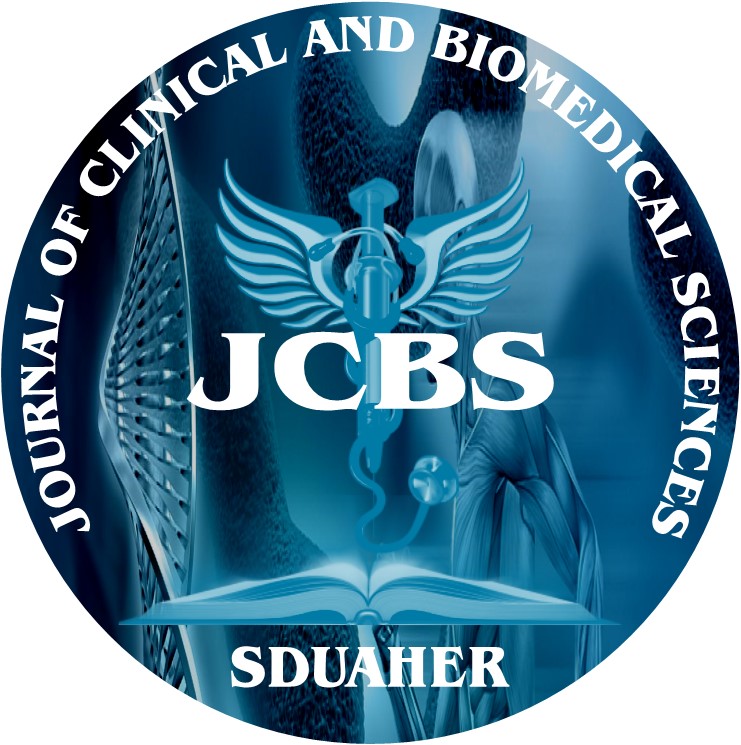


Journal of Clinical and Biomedical Sciences
Year: 2014, Volume: 4, Issue: 3, Pages: 316-320
Original Article
B V Ravi*1, Sadaria Roshni Gokaldas 1, D.R. Savithri2
1. Department of Biochemistry, Kempegowda Institute of Medical Sciences, Bangalore, Karnataka, India.
2. Department of Obstetrics and Gynecology, Kempegowda Institute of Medical Sciences, Bangalore, Karnataka, India
*Corresponding Author
E mail : [email protected]
Background: Polycystic ovarian syndrome (PCOS) is a disorder characterized by chronic anovulation, hyperandrogenism, hyperinsulinemia, and often presence of obesity. Leptin, an adipocyte derived hormone encoded by ‘ob’ gene, serves as a link relaying metabolic signals to the neuronal networks in the brain to modulate hypothalamo‑pituitary‑- ovarian axis. Circulating leptin correlates strongly with obesity, which is frequently associated with PCOS. The purpose of study was to evaluate the interrelationship between serum leptin level with body mass index (BMI) and with circulating testosterone in PCOS women. Methods: A comparative study including 30 women diagnosed as PCOS and 30 age and BMI matched healthy women with normal menstrual cycle as controls was conducted. The age group for the study was 18 to 35 years. Fasting blood samples were drawn to measure serum leptin and serum testosterone. BMI was also calculated. Interpretation of data was done using SPSS version 13. Results: : Significant positive correlations between leptin levels and BMI in cases and controls (ρ= 0.683, p < 0.001; ρ= 0.485, p = 0.007 respectively) were observed. Mean BMI, leptin and testosterone were found elevated in the PCOS women compared to controls but they were not statistically significant. No significant correlation was found between leptin and testosterone. Conclusion: Leptin levels were correlated with BMI both in PCOS women and in the healthy controls. Leptin may not have a direct role in the pathogenesis of PCOS, as the serum levels were not significantly higher in PCOS women and did not correlate with testosterone.
Key words: Polycystic ovarian syndrome, Leptin, testosterone.
Subscribe now for latest articles and news.